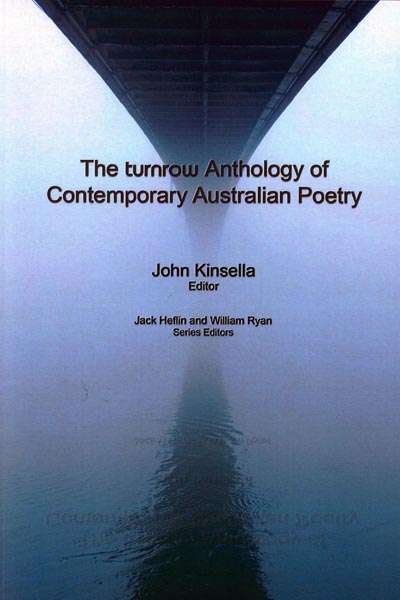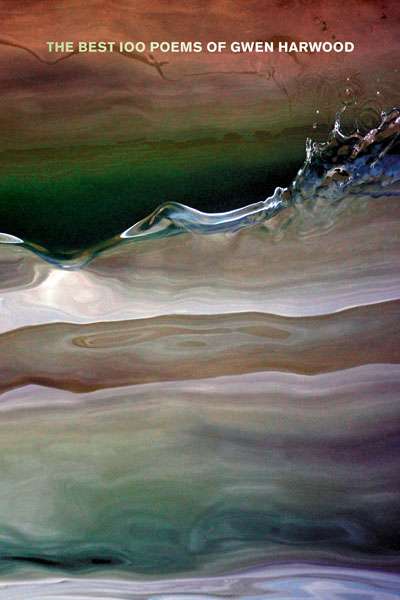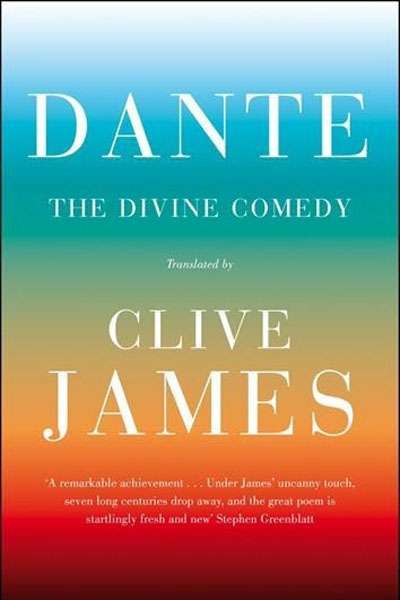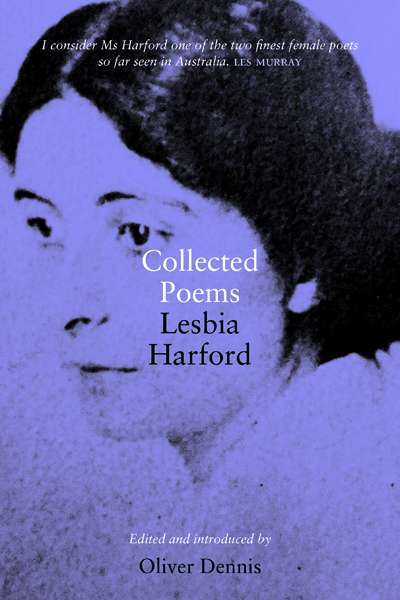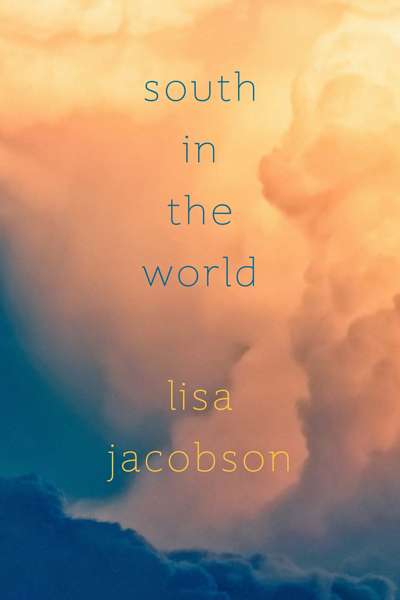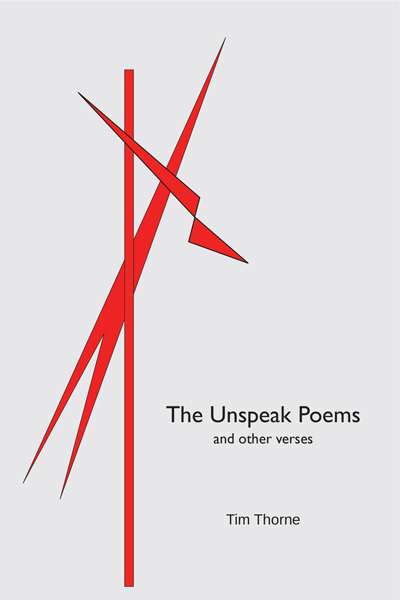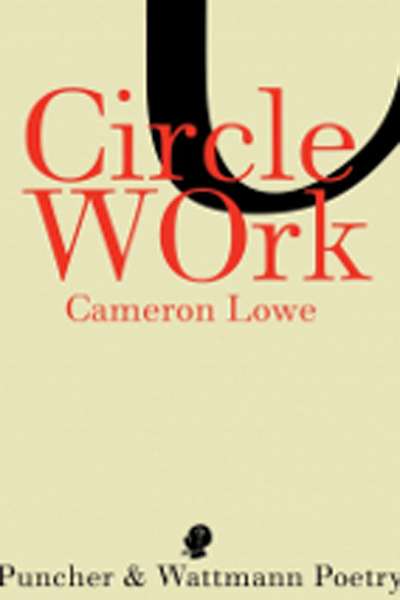Poetry
The Turnrow Anthology of Contemporary Australian Poetry edited by John Kinsella
by Peter Kenneally •
The Best 100 Poems of Gwen Harwood by Gwen Harwood, edited by John Harwood
by Ann-Marie Priest •
Axon: Creative Explorations, Vol. 4, No. 1 edited by Lucy Dougan et al.
by Cassandra Atherton •


